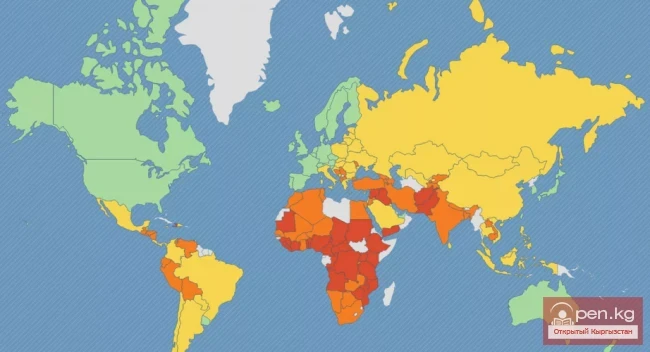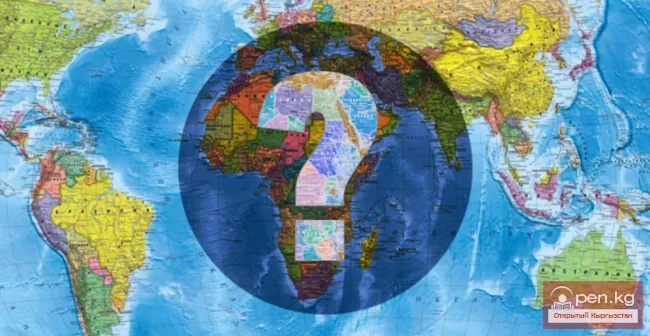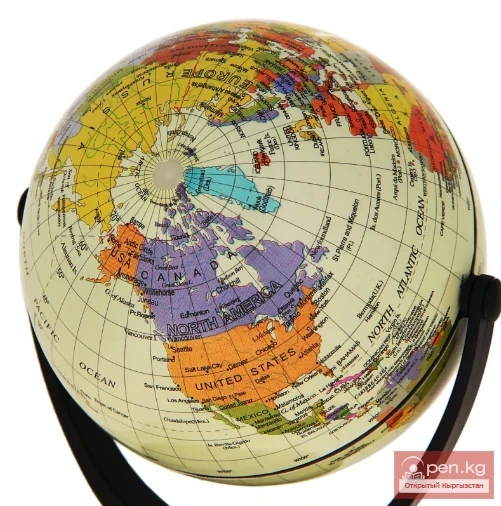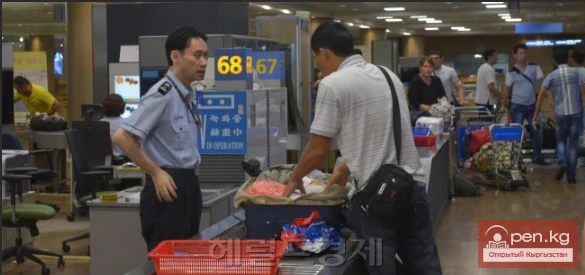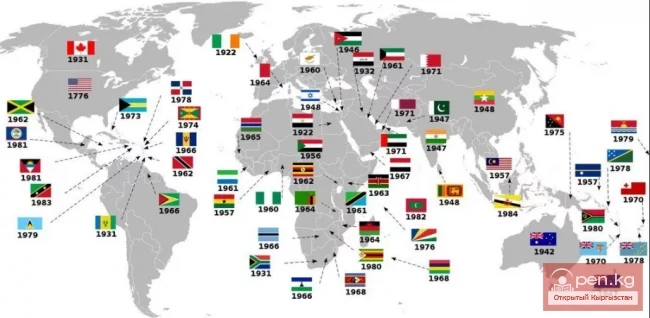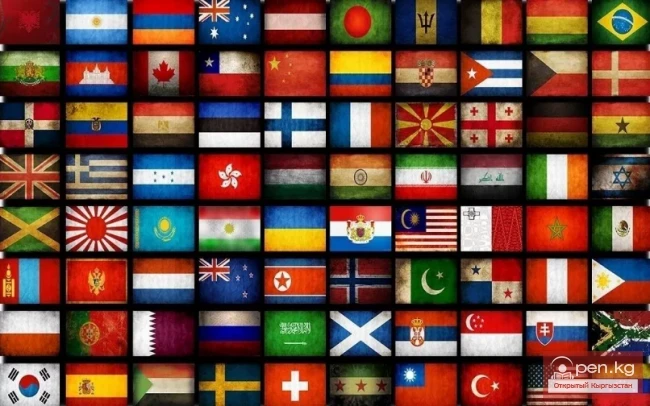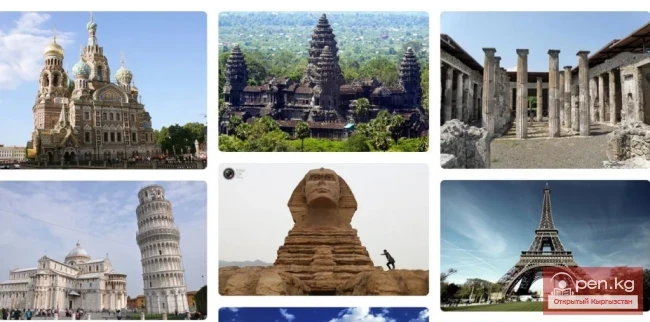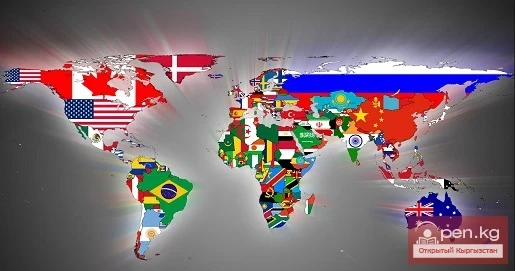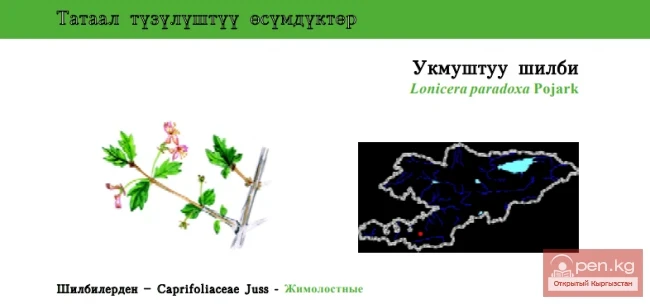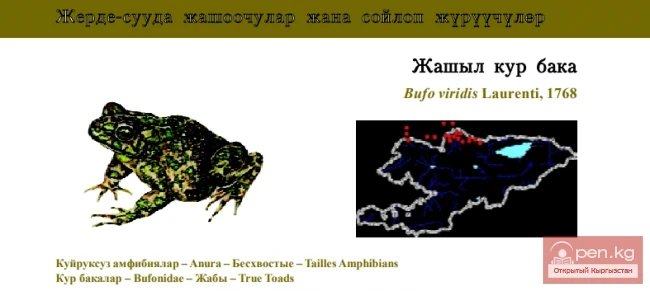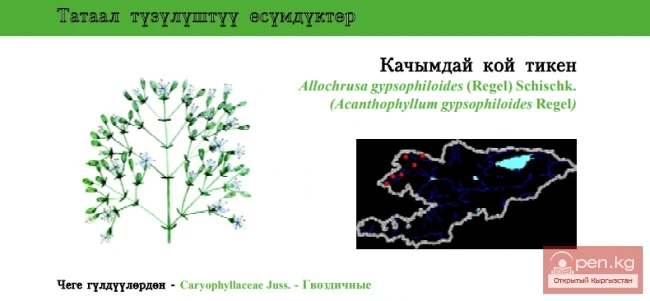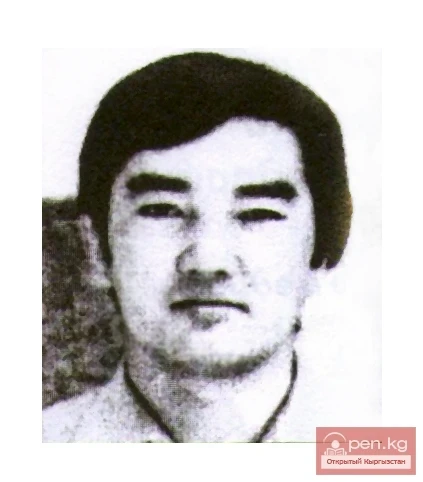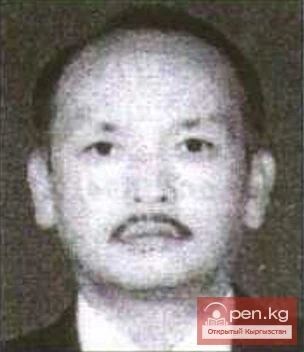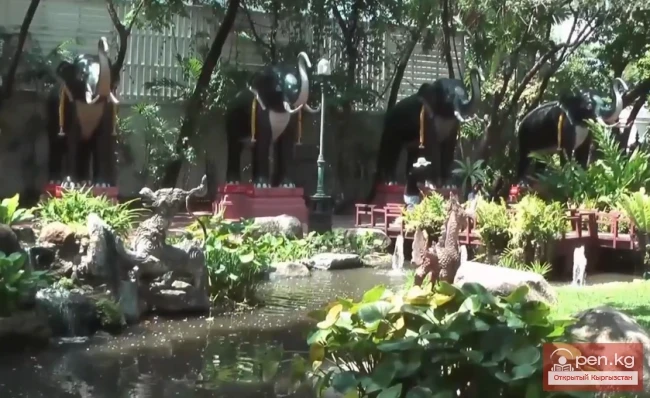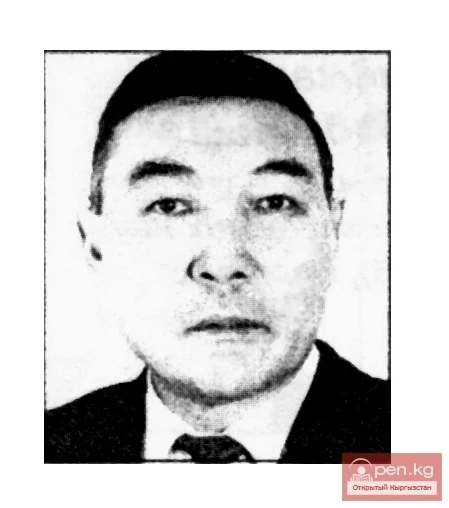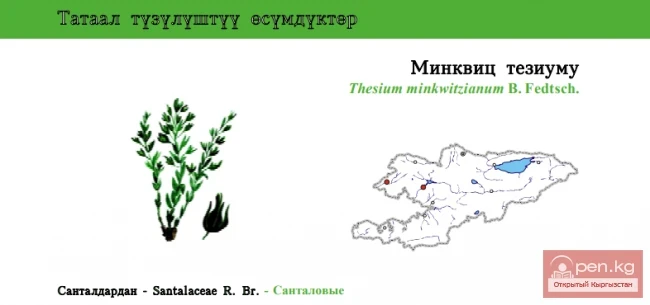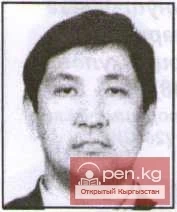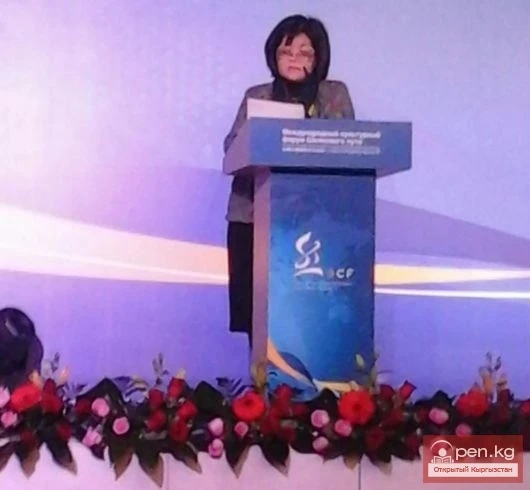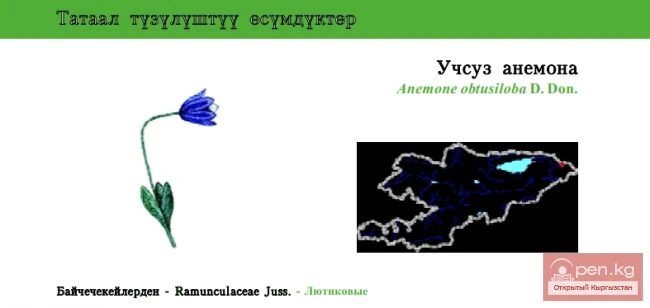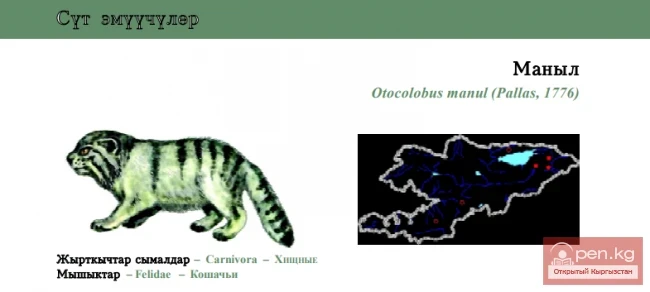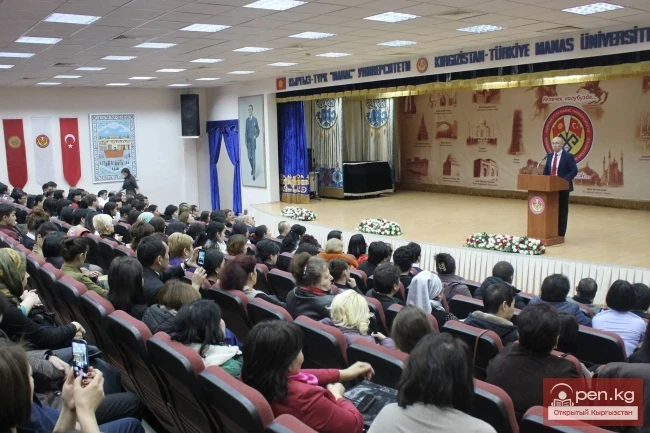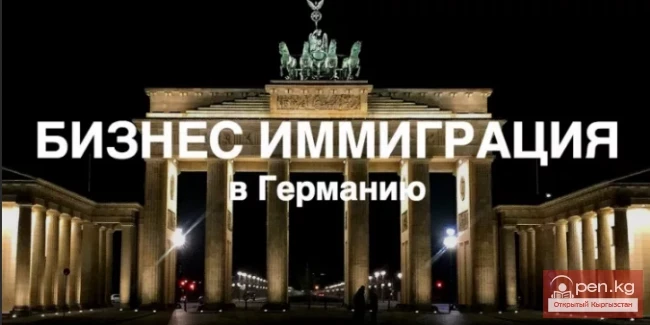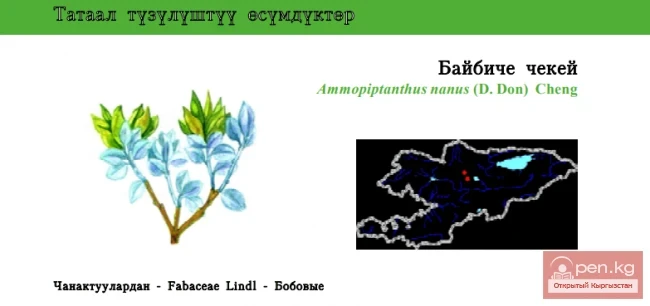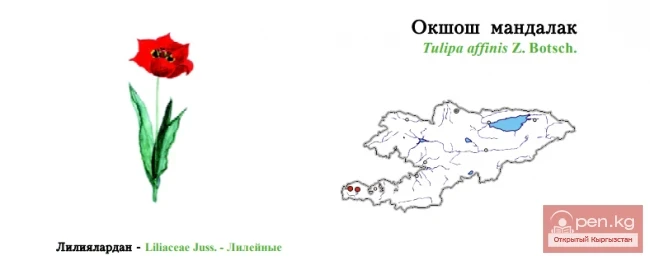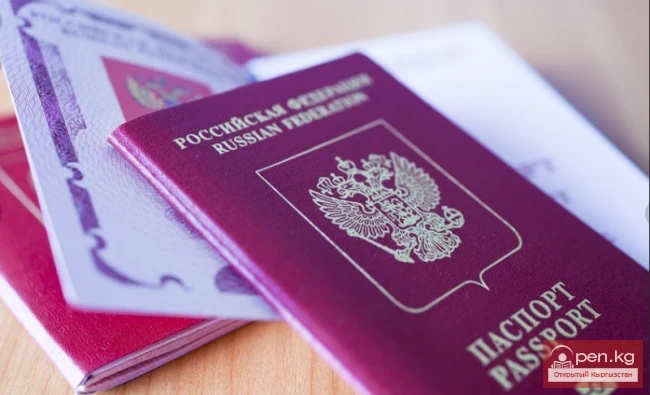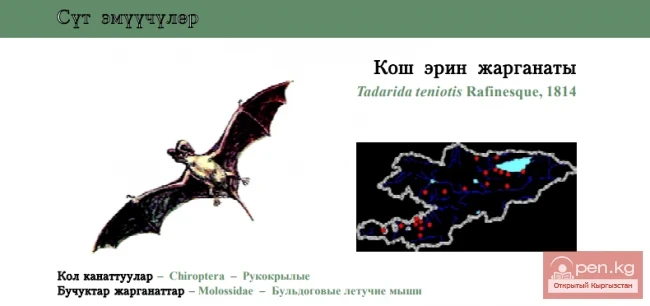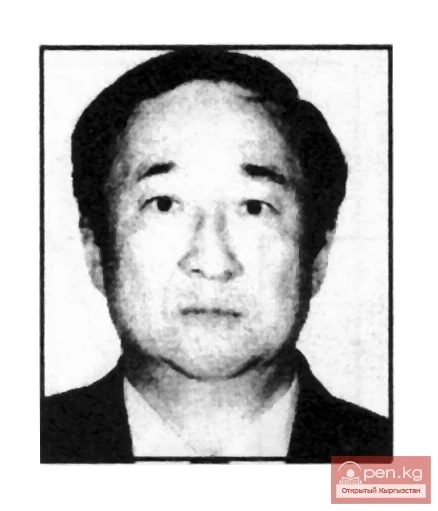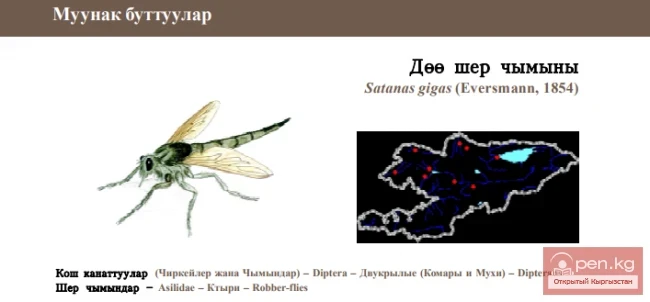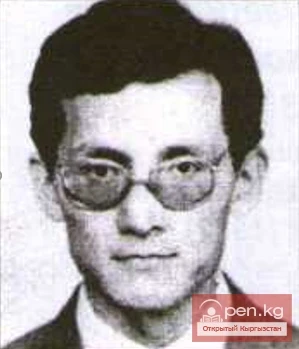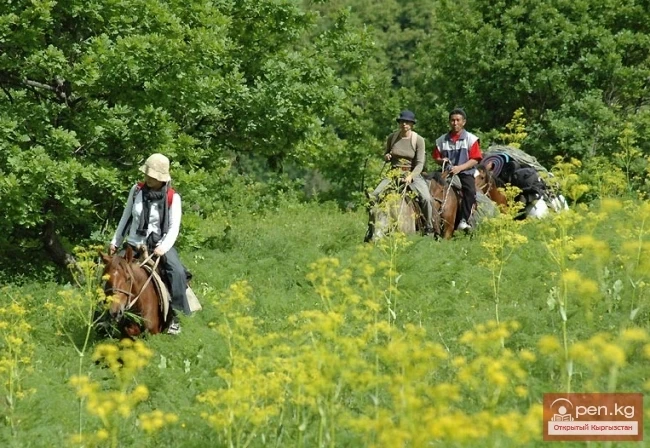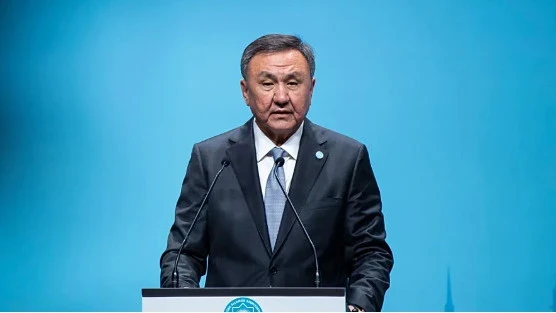
Omuraliyev also emphasized that the combined GDP of Turkic-speaking countries amounts to 2.1 trillion dollars, while the total trade volume reaches 1.1 trillion dollars. He noted that this joint economic growth is "dynamically developing."
The Secretary General pointed out the existence of strategic partnerships between most Turkic-speaking countries and the European Union, adding that it is time to expand ties beyond bilateral frameworks.
“Kazakhstan, Kyrgyzstan, and Uzbekistan, as founding countries, provide a functional link between the EU and Asia, including China. Each member state of our organization has strategic bilateral relations with the EU,” he explained.
He also mentioned that the upcoming visit of Uzbekistan's President Shavkat Mirziyoyev to Brussels is a sign of strengthening bilateral relations.
According to Omuraliyev, it is necessary to expand multilateral cooperation between the two blocs.
New Trade Route to Europe
Discussing the Middle Corridor established by Turkic states, Omuraliyev highlighted its priority significance, as it is an alternative network of connections bypassing conflict zones.
This corridor, which runs along the ancient Silk Road, strategically connects Europe with Asia and China and is a key direction for Turkic countries in developing logistics.
“Although we call it the Middle Corridor, from a historical perspective, it is the Great Silk Road. It passes through our states and observer states,” added Omuraliyev.
He also reported that this route, which was planned before the conflicts in Ukraine and the Middle East, is now beginning to be implemented. Moreover, it is 2000 kilometers shorter and more economically advantageous for connections between the EU and China.
The Secretary General emphasized that Turkic countries possess the third-largest energy reserves in the world and have significant potential in renewable energy sources, which opens up new opportunities for business cooperation with Europe.
The Organization of Turkic-speaking States includes Azerbaijan, Kazakhstan, Kyrgyzstan, Turkey, and Uzbekistan, as well as Turkmenistan, Hungary, and Northern Cyprus as observers.

